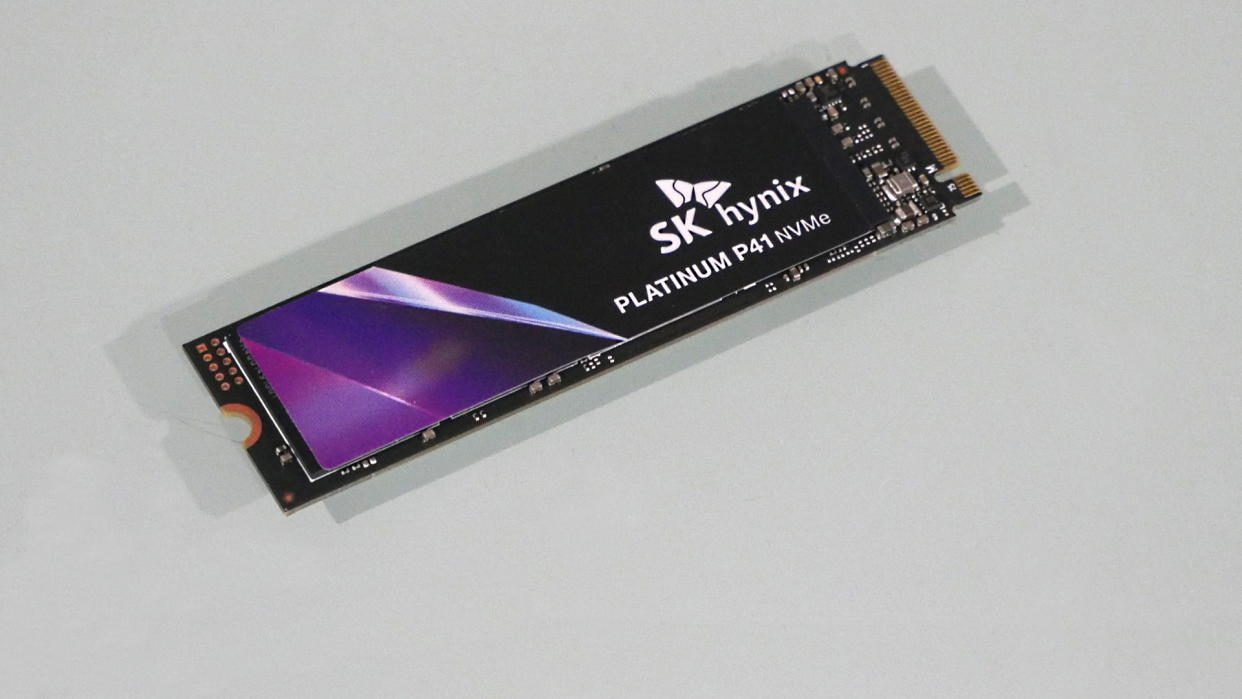SK Hynix throws a spanner into Western Digital's plan to merge with Kioxia, but it might not be game over just yet

As reported a few days ago, storage giant Western Digital had been working on a merger plan with Kioxia Holdings, a competitor in the same NAND flash and RAM markets. The result would give the combined group the largest share of sales than Samsung, the current holder of that honour. However, it looks like SK Hynix isn't happy with the deal at all and the whole deal has ground to a halt.
That's according to a report by Reuters and other sources, as none of the three companies are saying anything about it publicly. If you're not aware, SK Hynix is one of the largest manufacturers of DRAM and NAND flash in the world, but it's also a key investor in Kioxia, formerly Toshiba Memory.
The memory and solid state storage segments are a complex affair, especially with regard to who makes what brands and what position in the flash market each manufacturer holds. Research firm Trendforce suggests that Samsung is by far the runaway leader of the latter, with Kioxia and SK Hynix closely matched for second place.
Western Digital, who makes some of the best gaming SSDs around, is some way behind them in fourth place. So it's not hard to see why that company is very keen on having the merger go through. In terms of combined revenue, a WD-Kioxia melding would be comfortably ahead of Samsung and leave SK Hynix far behind.
That company has enjoyed a decent level of return from its Kioxia investment and clearly doesn't want to lose that, nor get pummelled in the sales of NAND flash. It currently holds second place, after Samsung, in the DRAM market and while the merger wouldn't directly affect that, a drop in flash revenue would make it harder for them to remain competitive.

So what does all this mean for the rest of us, who just want cheap RAM and SSDs for our gaming PCs? Right now, not very much, but the fewer the number of competitors there are in a volatile market, the greater the risk of one firm utterly dominating it all becomes. And should that come to fruition, you can get your last dollar that the days of cheap memory and storage will be over.
The plan to merge Western Digital and Kioxia has been going on for a number of years so this new roadblock isn't surprising. Whether the deal can be adjusted so that all parties are happy remains uncertain, though I suspect it will eventually go through. Now might just be the ideal time to load up your PC on memory and storage before it does.


